Speaker series highlights WSU connection to Nez Perce
WSU Pullman located on Nez Perce Tribe homelands; one tribe member discusses what WSU means to him
“WSU played a role in my life; the ground itself is our mother. We respect that land more than anything else in the world. That is our home,” said Otis Halfmoon, WSU alumnus and retired National Park Service employee.
March 5, 2021
Students and faculty members learned about the connection between the WSU Pullman campus and the Nimiipuu (Nez Perce) Tribe and Palus people during a meeting Thursday.
WSU Pullman is located on the homelands of the Nez Perce Tribe and Palus people, said Ken Lokensgard, assistant director of Center for Native American Research and Collaboration.
Bill Picard, vice chairman of the Nez Perce Nation Executive Council, said many people attend WSU thinking the Nez Perce are just a fairytale. In reality, the tribe is real and has a rich history with the university.
“Students need to know where they are at and that they are in tribal territory,” Picard said.
In 1955, after several days of negotiations, the Nez Perce signed a treaty with the U.S. government outlining boundaries for hunting and fishing, he said.
“WSU has a lot to offer as far as being the place where we gather our roots and gather food and hunt for deer,” said Otis Halfmoon, WSU alum and retired National Park Service employee.
Picard said the treaty took from the tribe instead of giving to the tribe.
“A lot of people say you can go hunting and you can go fishing because of the treaties, we can’t, we could do that before the treaties were here,” he said.
Halfmoon graduated from WSU in 1991. When he attended WSU, out-of-state tuition was initially a barrier for Nez Perce students, he said.
However, the Nez Perce no longer pay out-of-state tuition in part because of efforts from former WSU President Samuel Smith. Halfmoon said he did not think it made sense for students of the Nez Perce Tribe to pay out-of-state tuition since the university was built upon their homeland.
Halfmoon said WSU helped him put his voice out into the world and start a career at the National Park Service.
“WSU played a role in my life; the ground itself is our mother. We respect that land more than anything else in the world. That is our home,” he said.

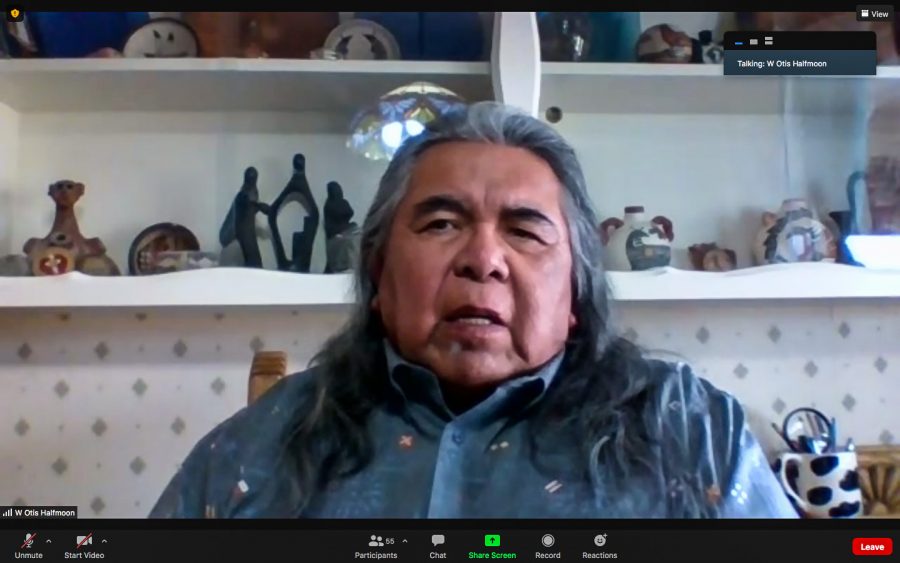




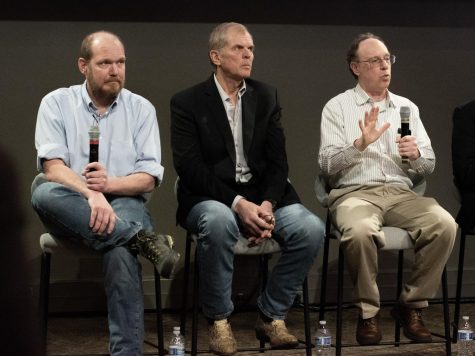
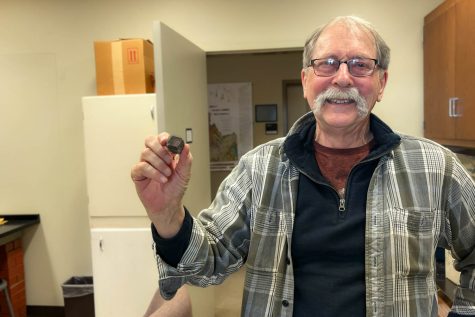
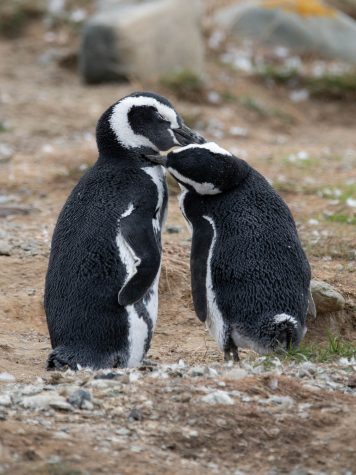


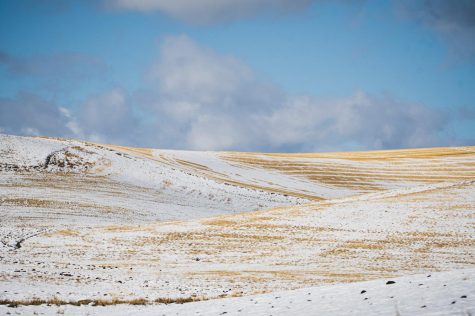
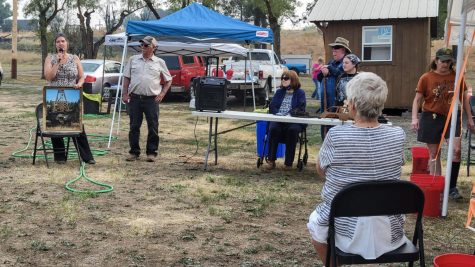

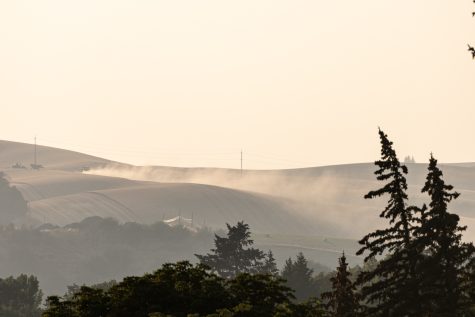
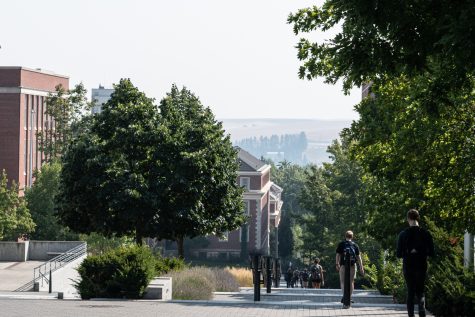


mark • Mar 5, 2021 at 10:42 am
Great article! People need to learn whos land this and respect them and about all of the treaties that have been broken…. Native Americans should not have to pay any tuition any where in the states.